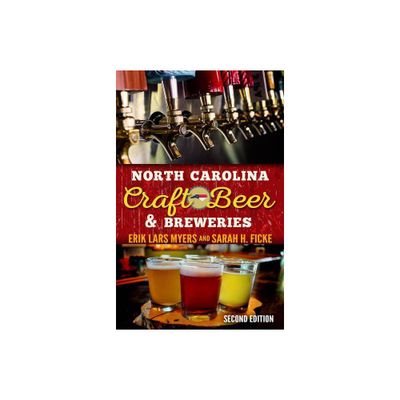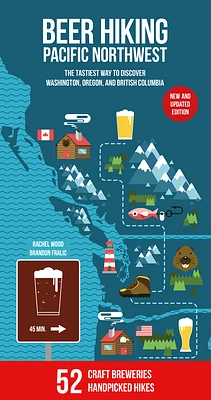Home
Beer, Brats, and Baseball, 2nd Edition
Loading Inventory...
Barnes and Noble
Beer, Brats, and Baseball, 2nd Edition
Current price: $19.95


Barnes and Noble
Beer, Brats, and Baseball, 2nd Edition
Current price: $19.95
Loading Inventory...
Size: OS
*Product Information may vary - to confirm product availability, pricing, and additional information please contact Barnes and Noble
St. Louis is, as much as anything, a German city. Beer, Brats, and Baseball: St. Louis Germans examines the often-serious, sometimes funny, and truly amazing story of Germans in the Gateway City from the arrival of the ?rst German priest right after the city's founding to the present.
Hoping for freedom and a better life, Germans started coming en masse in the 1830s and put their stamp on the frontier outpost. By 1860, native-born Germans amounted to more than a quarter of the city's population, with their own newspapers, theaters, clubs, and churches.
Less than a month after Confederates attacked Fort Sumter, thousands of German volunteers provided the troops for the assault that guaranteed Missouri would stay in the Union. After the Civil War ended, Germans brewed the beer, named the streets, ran the local baseball team, and were a force in city politics. In their drive for success, which some might call Teutonic stubbornness, Germans formed industries, communities, and institutions that remain vibrant today.
Hoping for freedom and a better life, Germans started coming en masse in the 1830s and put their stamp on the frontier outpost. By 1860, native-born Germans amounted to more than a quarter of the city's population, with their own newspapers, theaters, clubs, and churches.
Less than a month after Confederates attacked Fort Sumter, thousands of German volunteers provided the troops for the assault that guaranteed Missouri would stay in the Union. After the Civil War ended, Germans brewed the beer, named the streets, ran the local baseball team, and were a force in city politics. In their drive for success, which some might call Teutonic stubbornness, Germans formed industries, communities, and institutions that remain vibrant today.


















